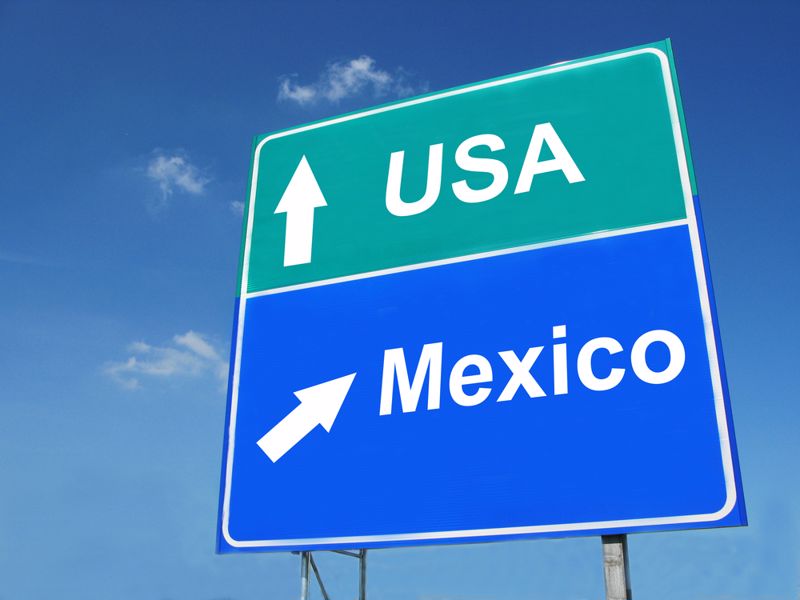But farmers in the Golden State may soon experience a surge in demand, as the federal government has shut down a key foreign supplier due to a potential security threat.
As reported by the Los Angeles Times, on Feb. 11, the United States imposed a ban on avocados originating from Michoacan, Mexico, a major hub for avocado production that lies to the west of Mexico City. The temporary suspension stems from a claim made by a U.S. official who is employed by the Department of Agriculture. That unnamed individual says they were contacted on their personal cell phone and that the caller made threats against their life.
90% of avocados sold in the U.S. are grown in Mexico
Out of an abundance of caution, and pending the outcome of an investigation, the USDA has decided to stop importing avocados from Michoacan, the only state in Mexico with clearance to export avocados to the U.S. Over 90% of the avocados consumed in the U.S. derive from Mexico.
The Association of Avocados Exporting Producers and Packers of Mexico, a local trade association, says it is fully cooperating with the USDA's Animal and Plant Health Inspection Service to further flesh out the nature of the threat and from where it originated.

"The APEAM is actively participating in coordination with the authorities of both countries to resolve the problem in order to reinforce internal practices and processes that guarantee the traceability of the fruit," the group said in a statement obtained by CNN Business. "The facts mentioned here have already impacted the economy of the entire program, affecting the industry and the more than 300,000 jobs that depend on it. We encourage all those actors in this value chain to take extreme care and vigilance to preserve such an important export program."
Temporary ban likely to crimp supply, increase prices
The ban on Mexican grown avocados comes at a bad time, given the hyperinflationary climate and ongoing supply chain disruptions. As the Department of Commerce reported, inflation rose over 7% in January, marking the largest yearly increase in 40 years. Paired with the existing supply chain problems fueled by the pandemic, prices are bound to surge, and avocado availability will diminish.
Maurine McGuire, who serves as the chief executive for the Farm Bureau of Ventura County, told the Los Angeles Times the only question is the degree to which prices climb.
"Without Mexico available in the long term to fill that consumer demand, it's actually a negative thing for the industry as a whole," McGuire said.
California farmers have benefited from a wetter-than-normal winter, which should help with crop yield. But with 3,000 avocado growers in the entire state — compared to tens of thousands in Michoacan — the supply crunch will be felt quickly.



Post A Comment:
0 comments so far,add yours